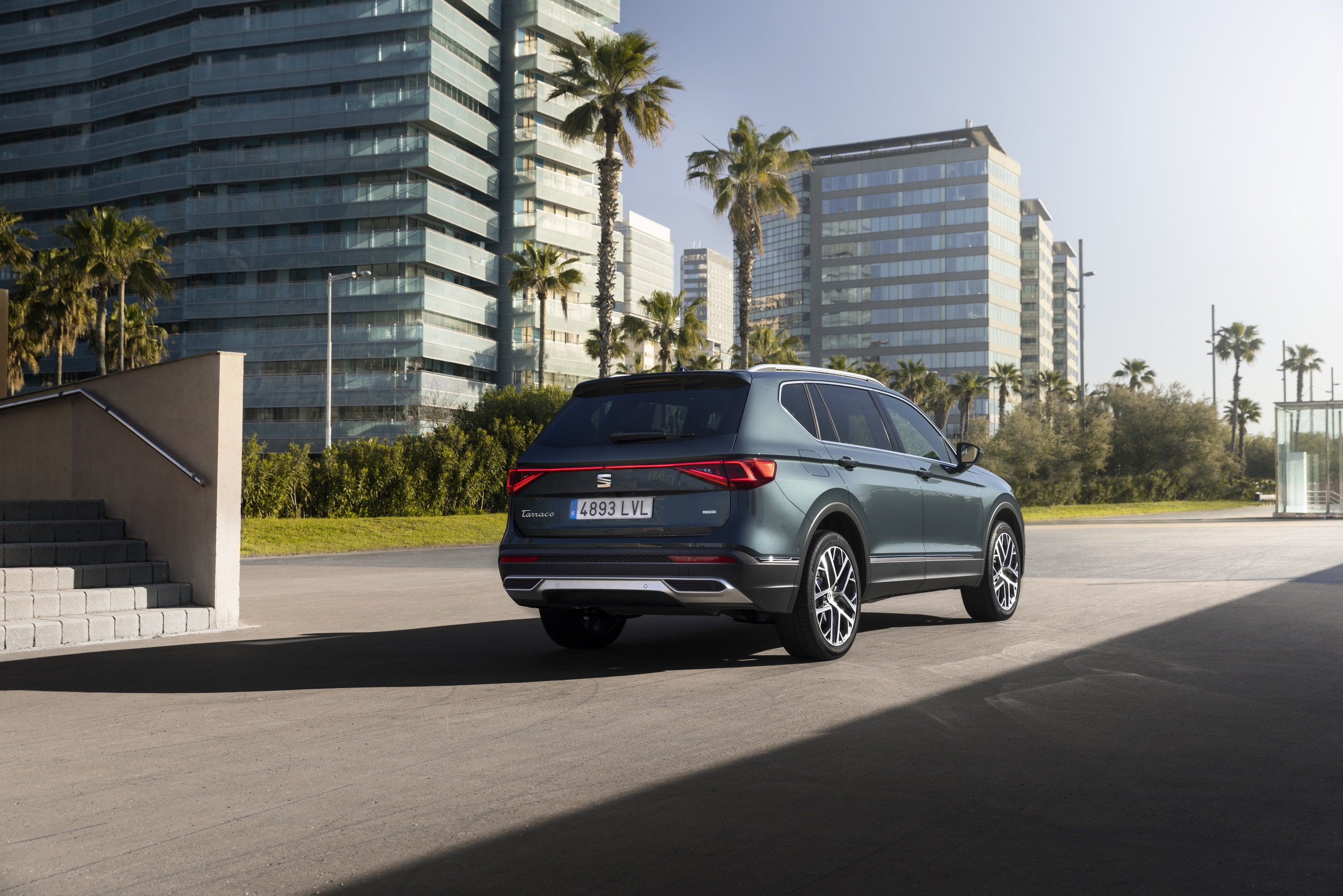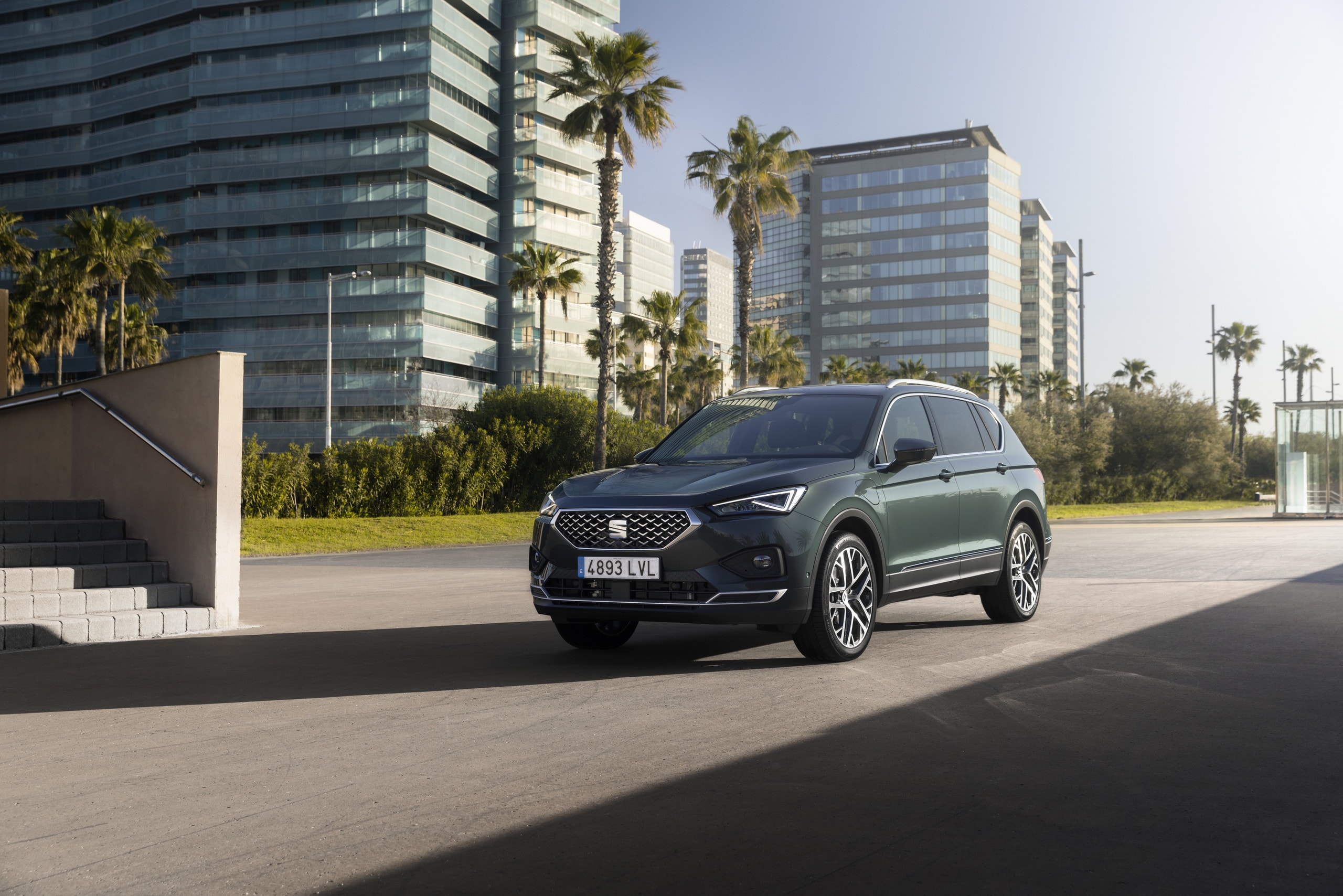SEAT is shaking things up in the mid-size crossover segment by announcing the end of the road for the Tarraco. Launched in late 2018, the Tarraco won’t receive a direct replacement within the SEAT lineup. Instead, the spotlight will shift to the upcoming Cupra Terramar, a fresh offering from SEAT’s performance-focused brand, Cupra.
While the Tarraco exits stage left, SEAT acknowledges its positive sales record and positions the Cupra Terramar as a capable successor that can effectively fill the gap. Production of the Tarraco ceased in the second quarter of 2024.
This move likely signifies a broader strategic shift within SEAT, potentially prioritizing Cupra’s role in the performance crossover market niche. The discontinuation of the Tarraco could also suggest a general streamlining of SEAT’s offerings. The Cupra Terramar, with its sportier character, might target a similar audience but with a more performance-oriented appeal.
This strategic shift might reflect SEAT’s long-term vision for the brand, potentially focusing on a more performance-oriented image and leveraging Cupra’s growing brand recognition. The decision to forgo a direct Tarraco replacement could also indicate a focus on further differentiation between SEAT and Cupra, with Cupra taking a more prominent role in the performance SUV market.

SEAT, on the other hand, might concentrate on other segments or refine its existing lineup to create a clearer distinction between the two brands. Discontinued in 2024, the SEAT Tarraco carved a niche for itself as a family-oriented mid-sized SUV. While not a runaway sales success, it offered a compelling option for those seeking a practical and versatile vehicle.
Before its demise, the Tarraco boasted a diverse engine lineup, featuring efficient gasoline and diesel options alongside electrified variants catering to eco-conscious drivers. Stepping beyond cold sales figures, the Tarraco’s true strength resided in its spacious interior. Flexible seating configurations provided families with ample room for passengers and cargo, making it a practical choice for everyday driving.
Mild hybrid options are also on the menu, alongside plug-in hybrids with an electric range of up to 62 miles, similar to the Volkswagen Tiguan with which it shares a platform. The VW Group’s MQB Evo underpins the Terramar, a platform also used in various VW Group models like the Golf, Atlas, and Skoda Superb.
This platform allows for a variety of engines, but expect the Terramar to launch with 2.0L and 1.5L units, likely featuring some form of electrification. While an official reveal date remains under wraps, reports suggest an unveiling next month (August 2024).
Production will occur alongside the Formentor and Audi Q3 in Hungary, with deliveries expected later this year. Interestingly, Cupra’s US debut won’t involve the Terramar, but rather the next-generation, battery-electric Formentor, which might be produced locally.

